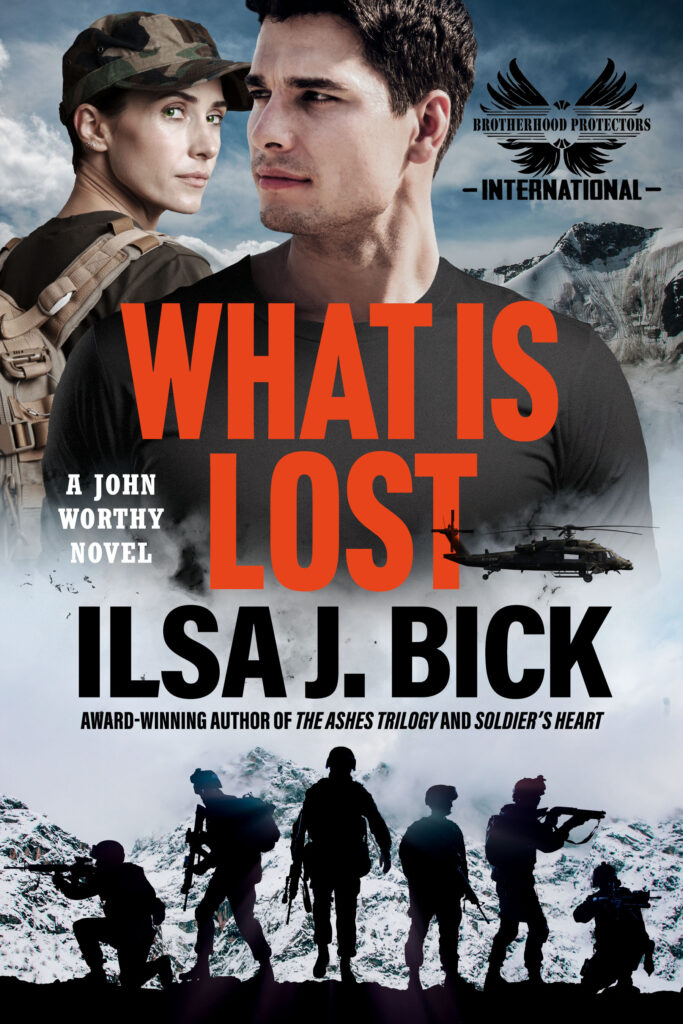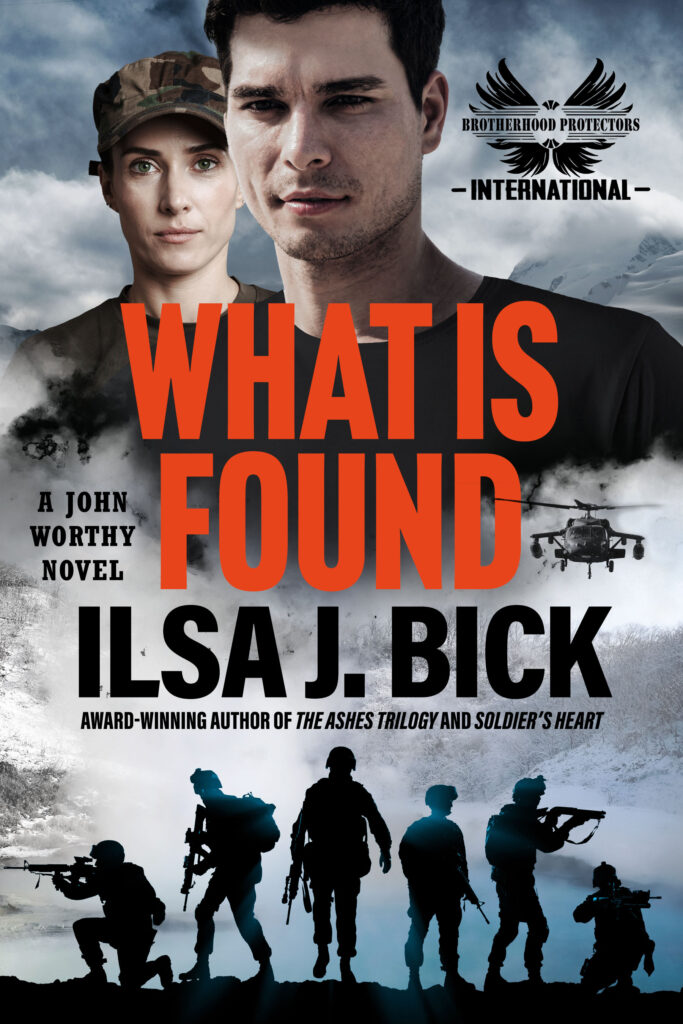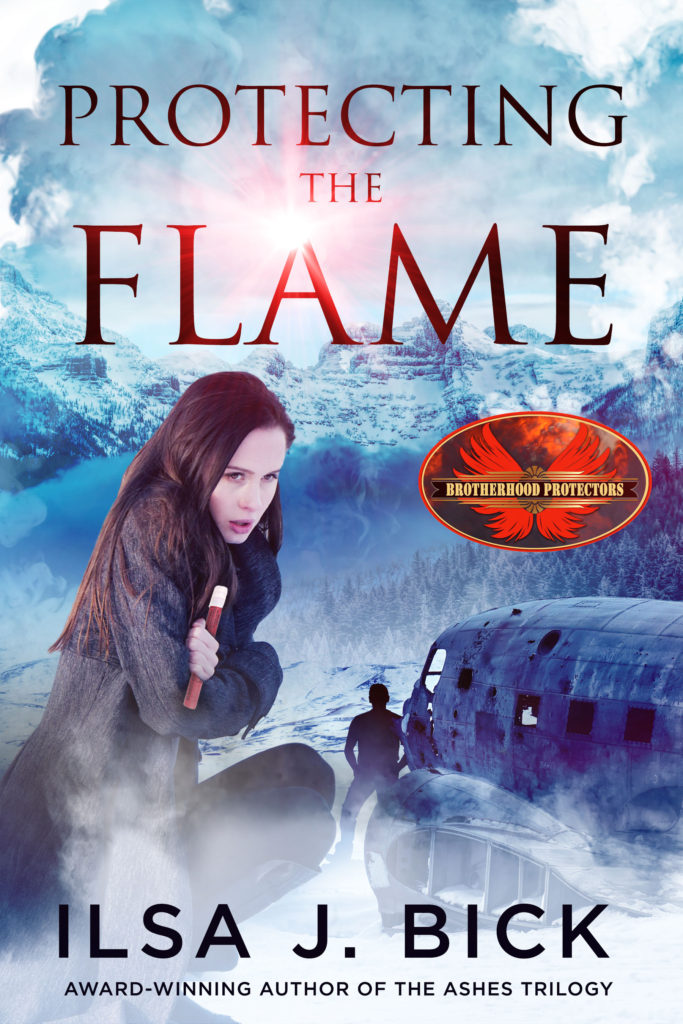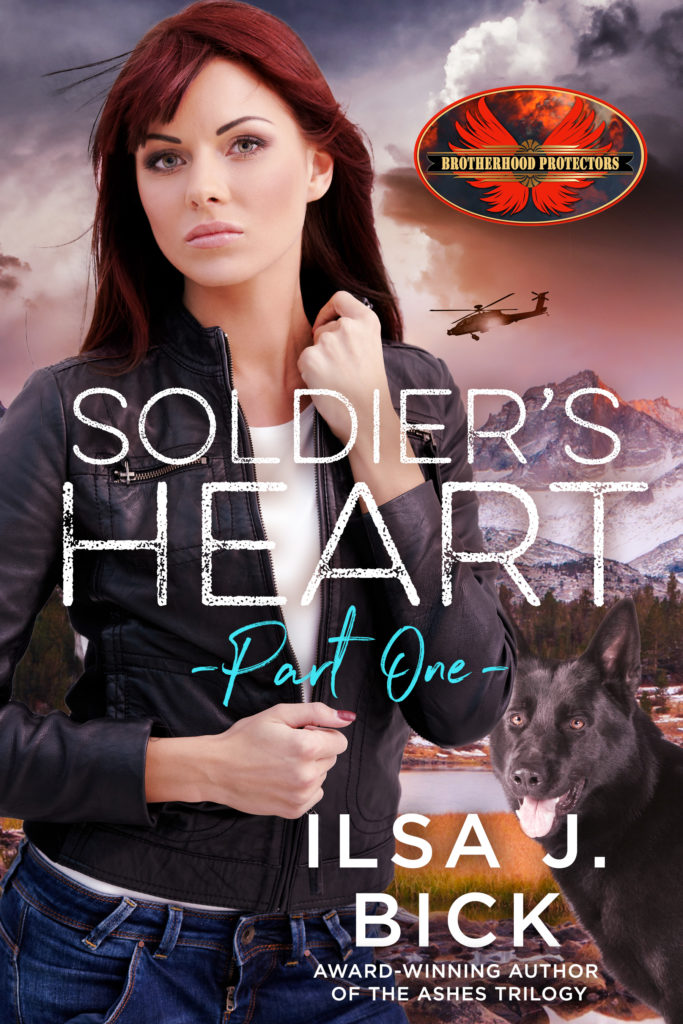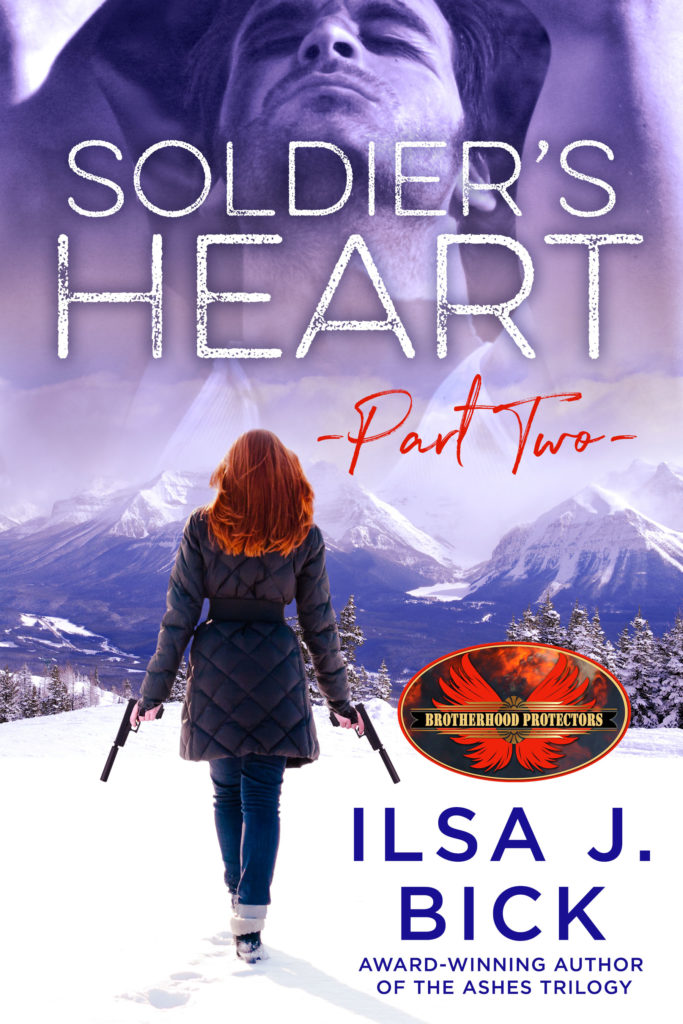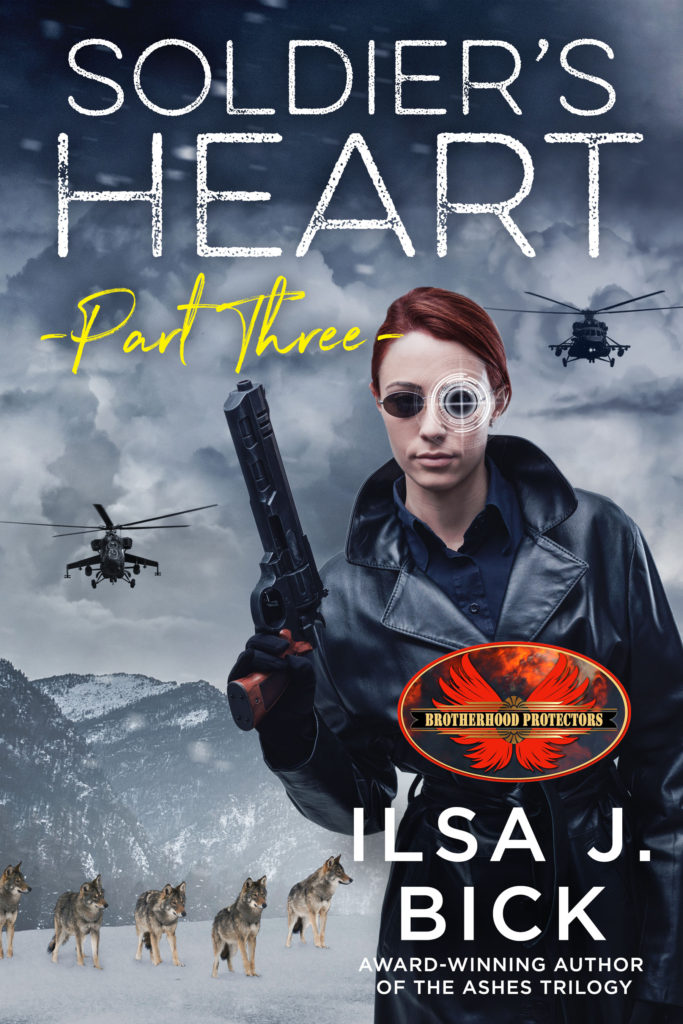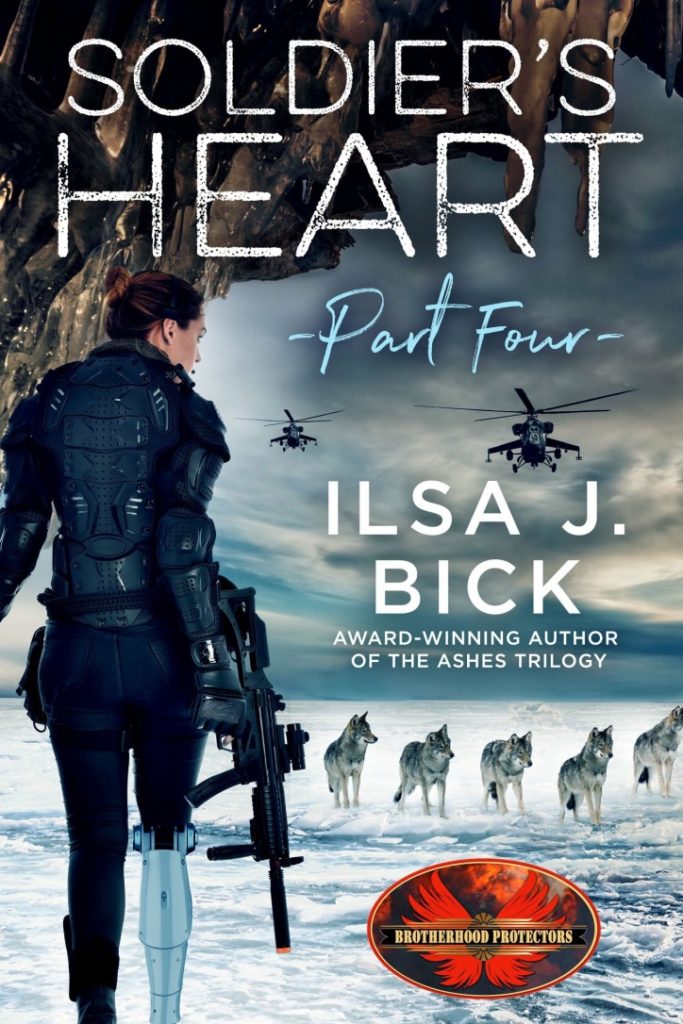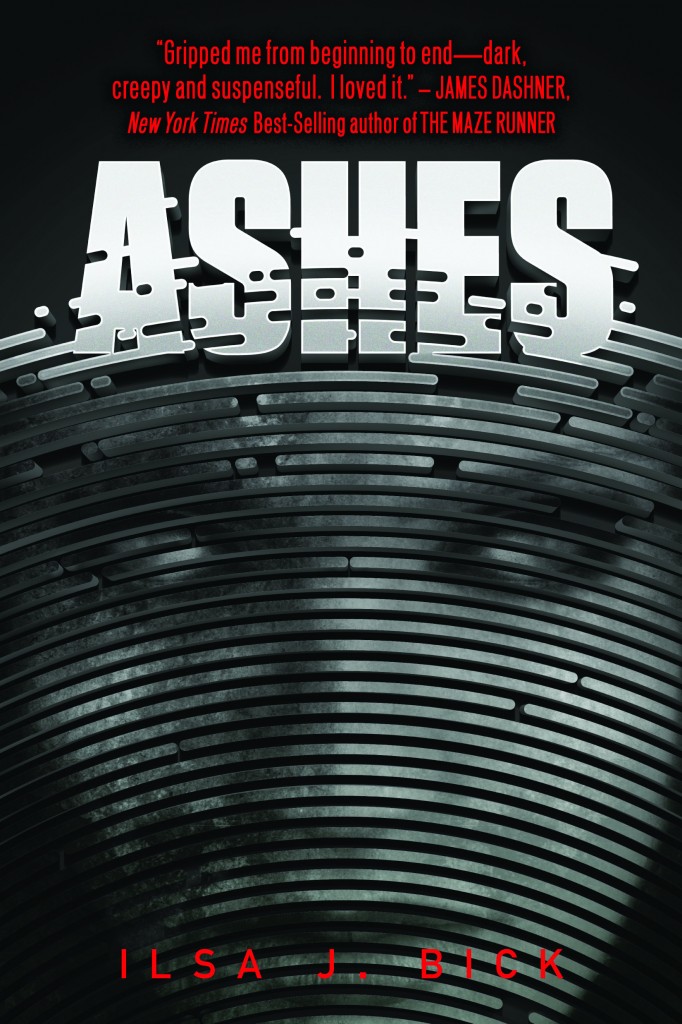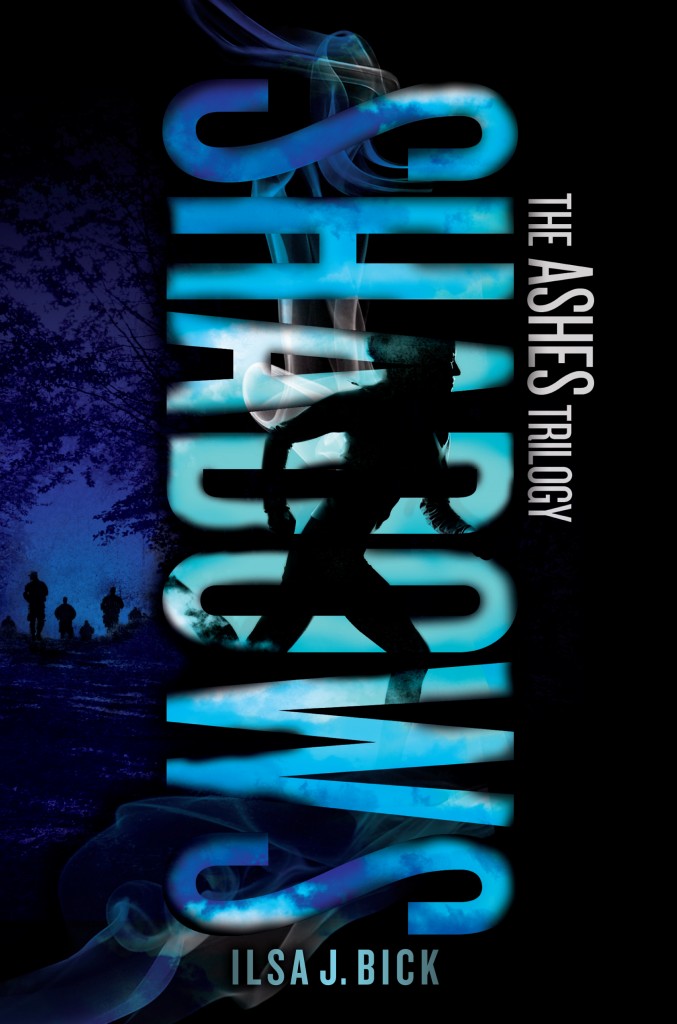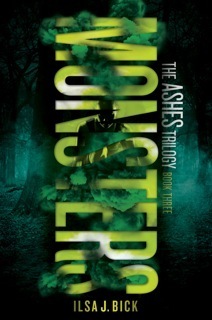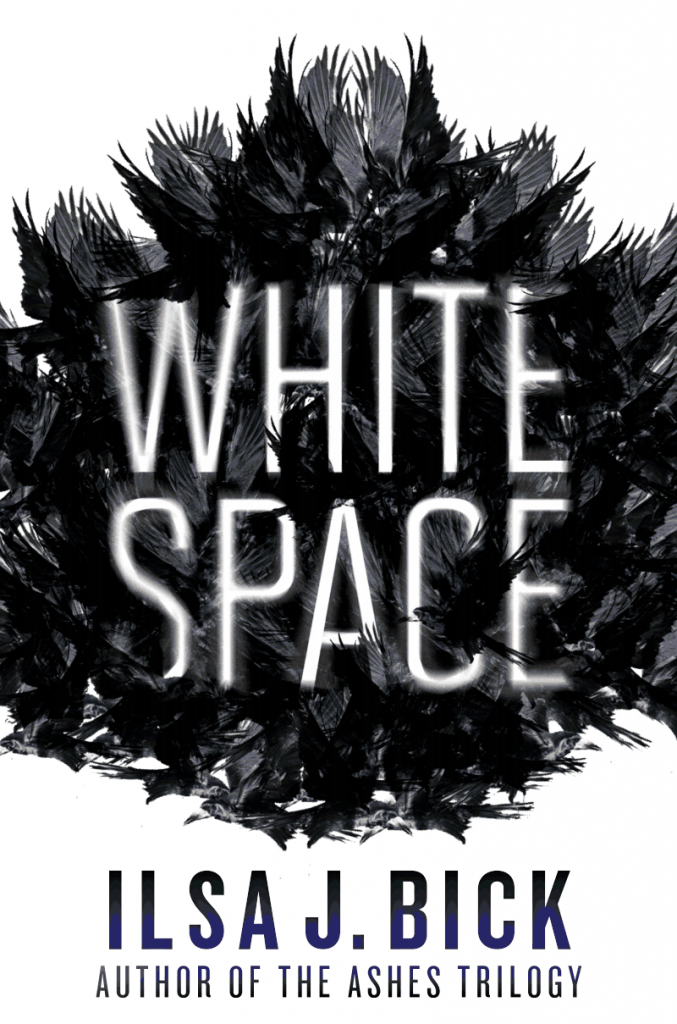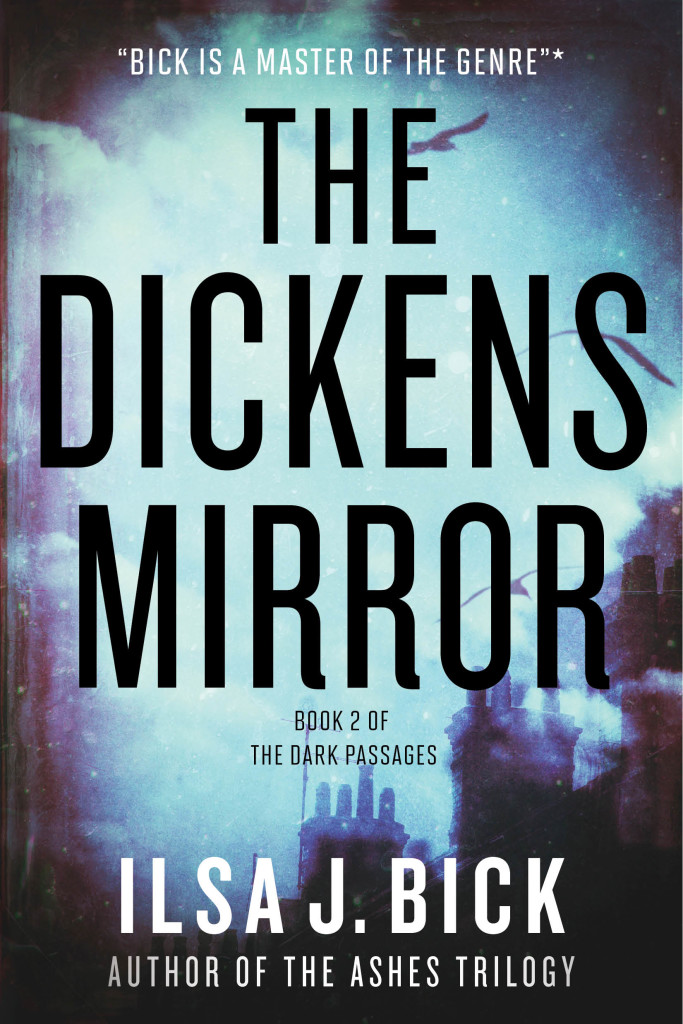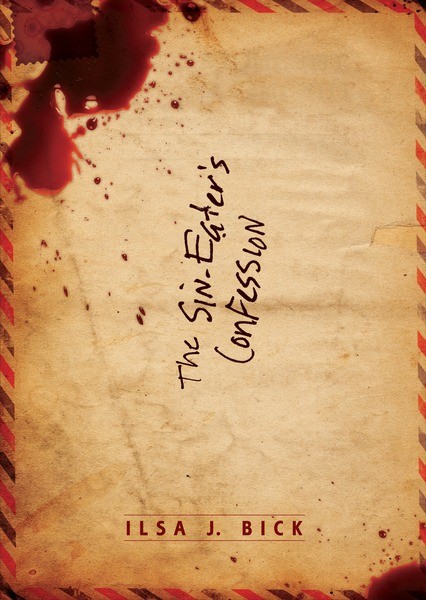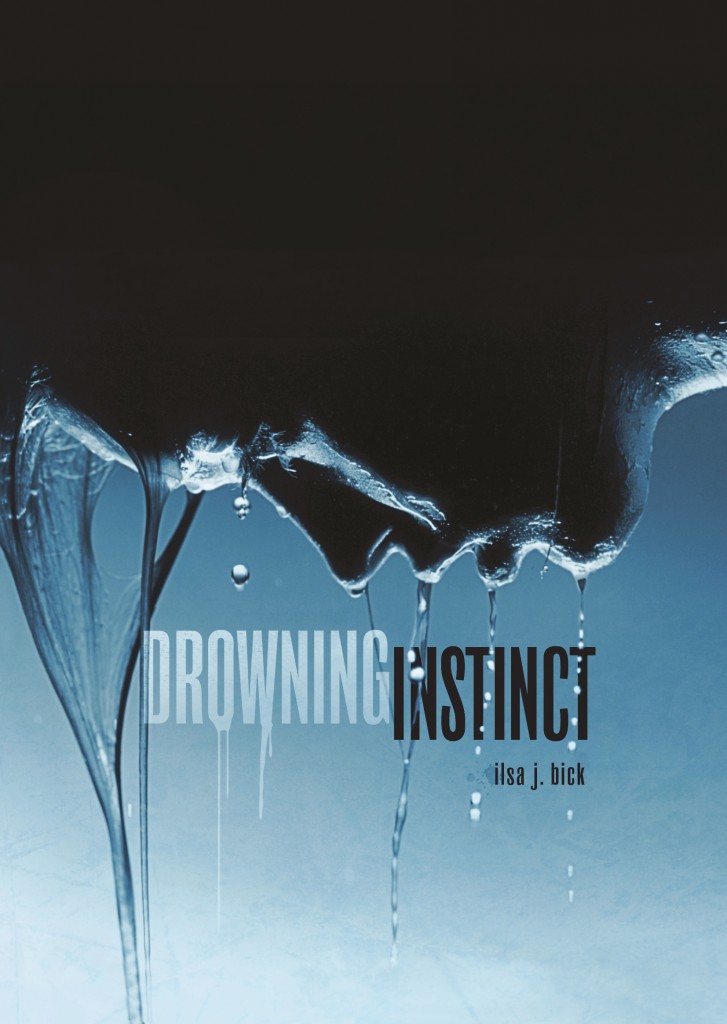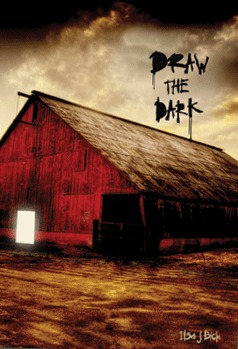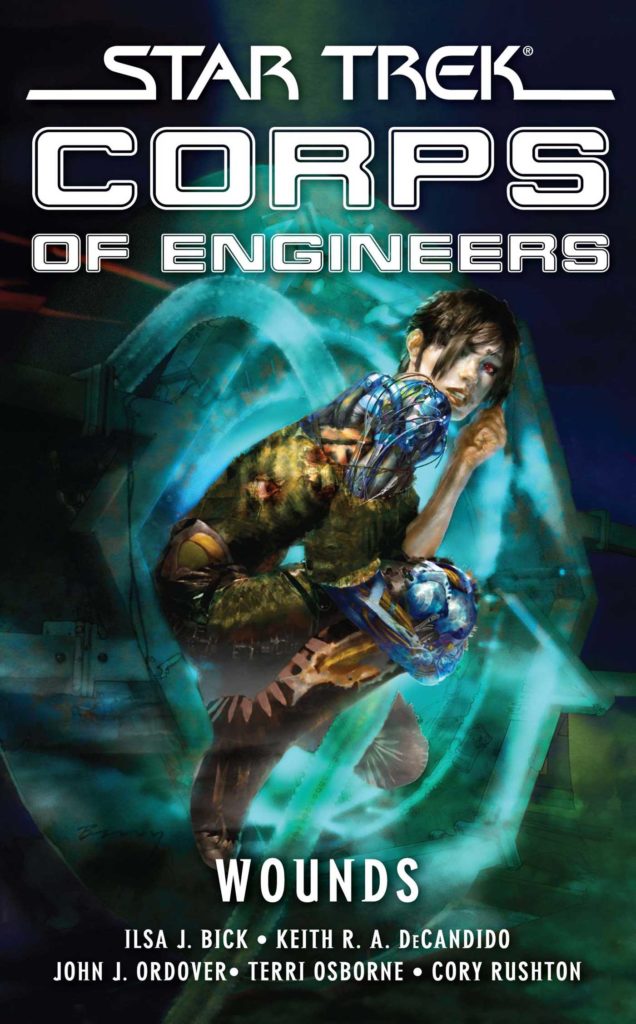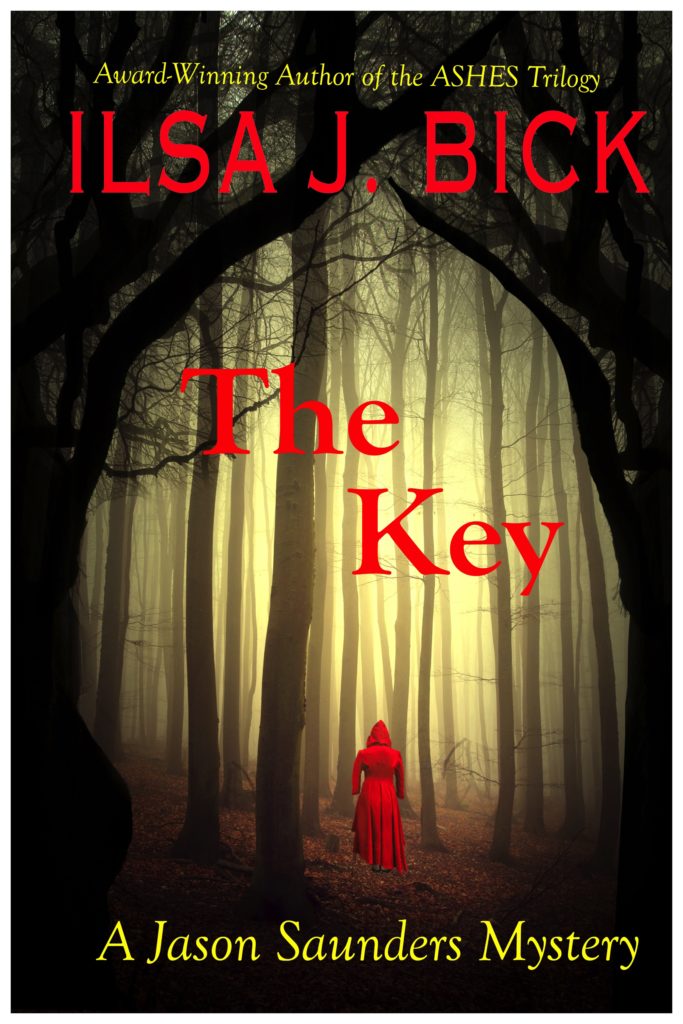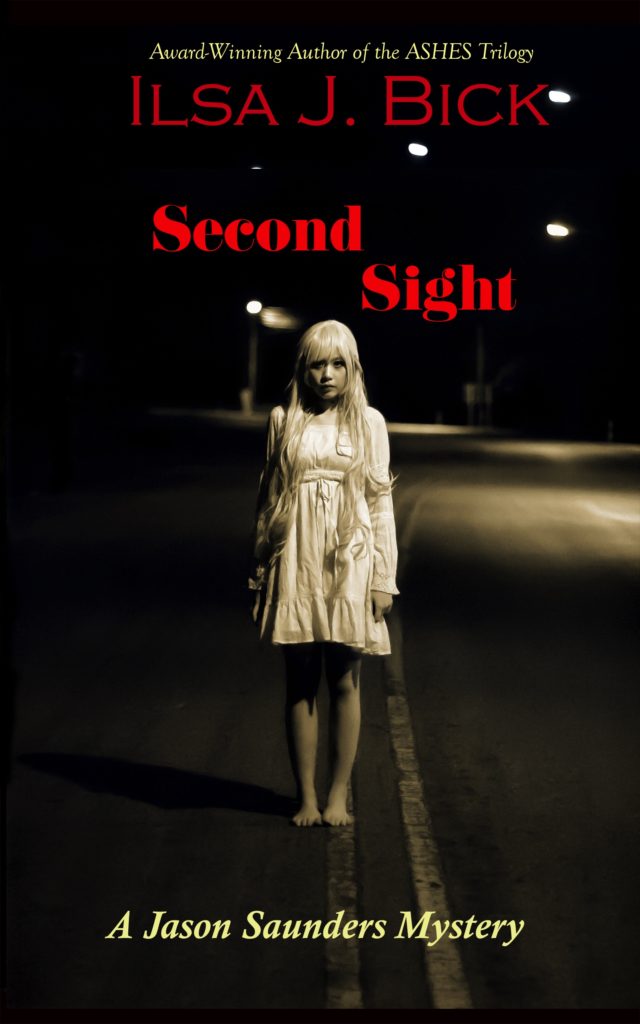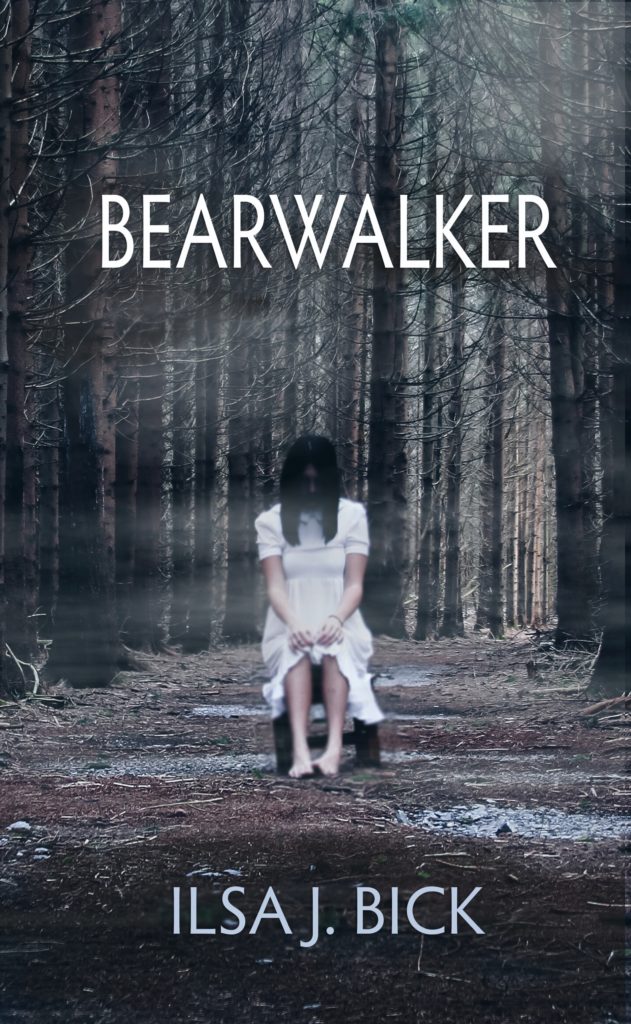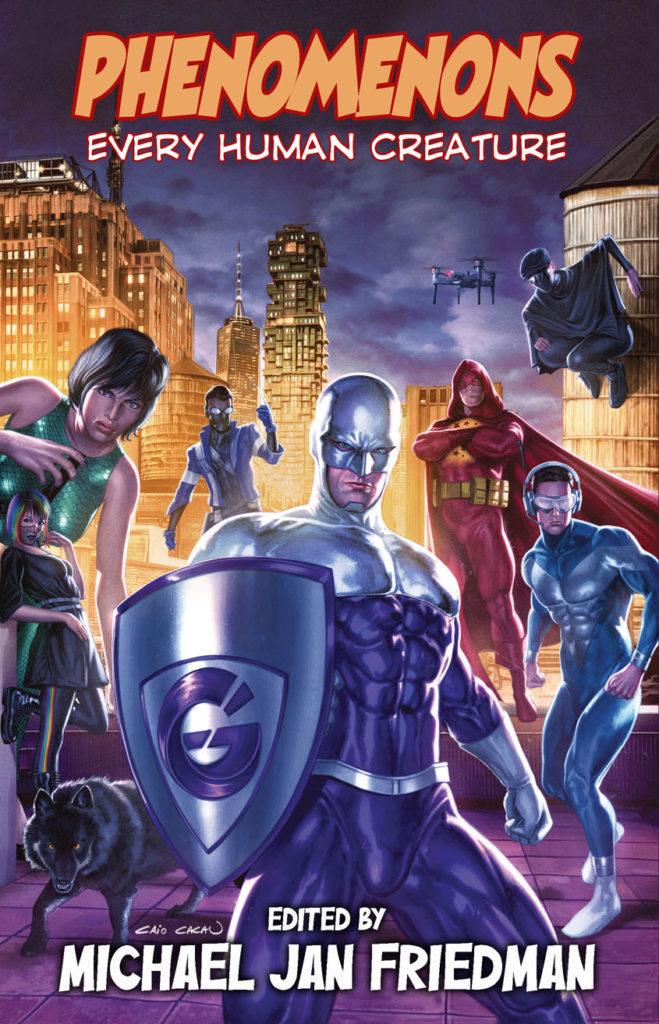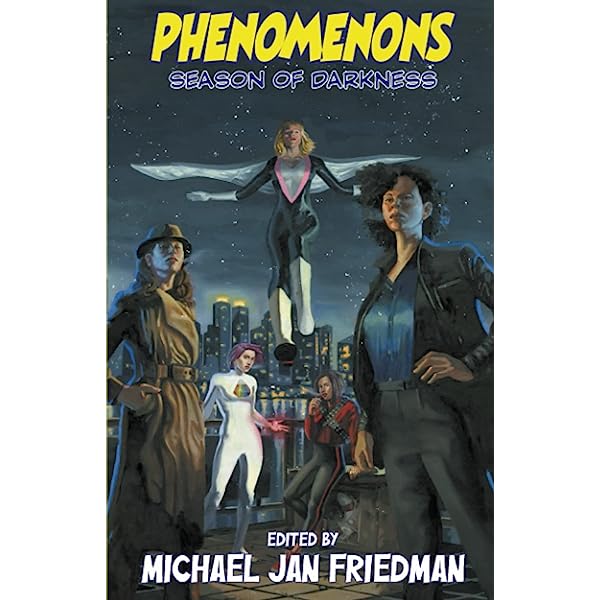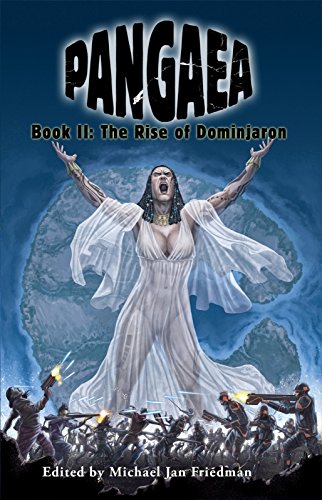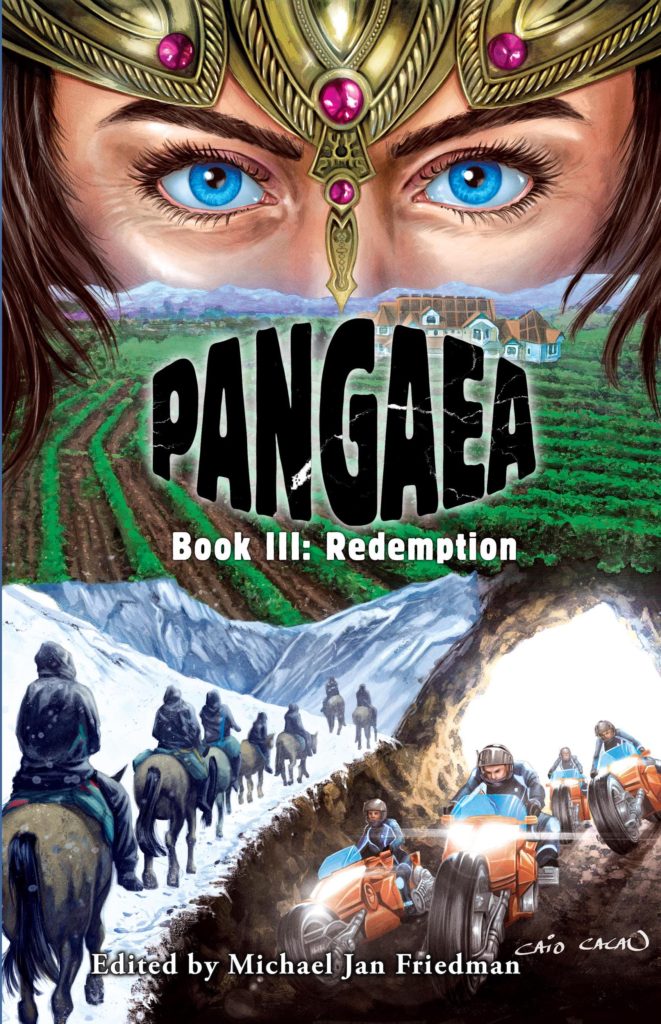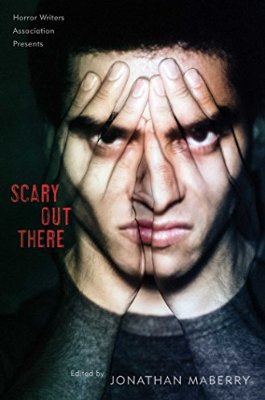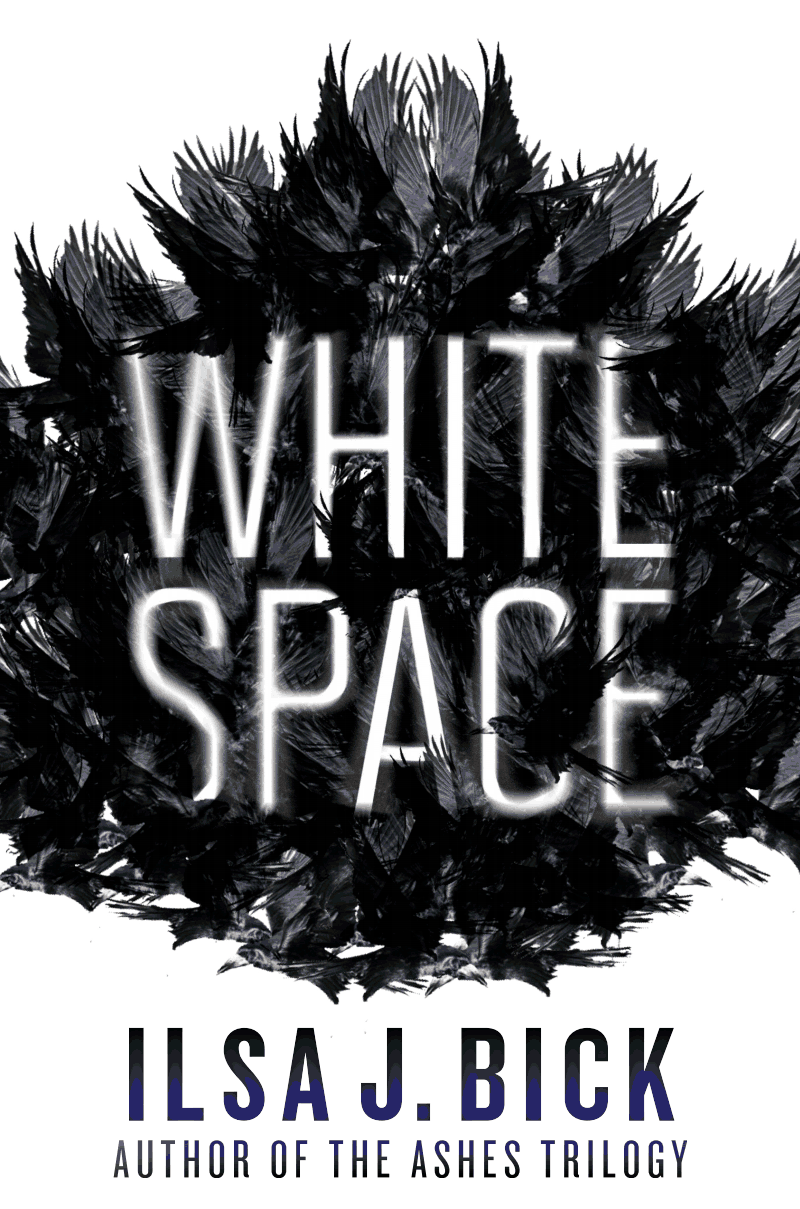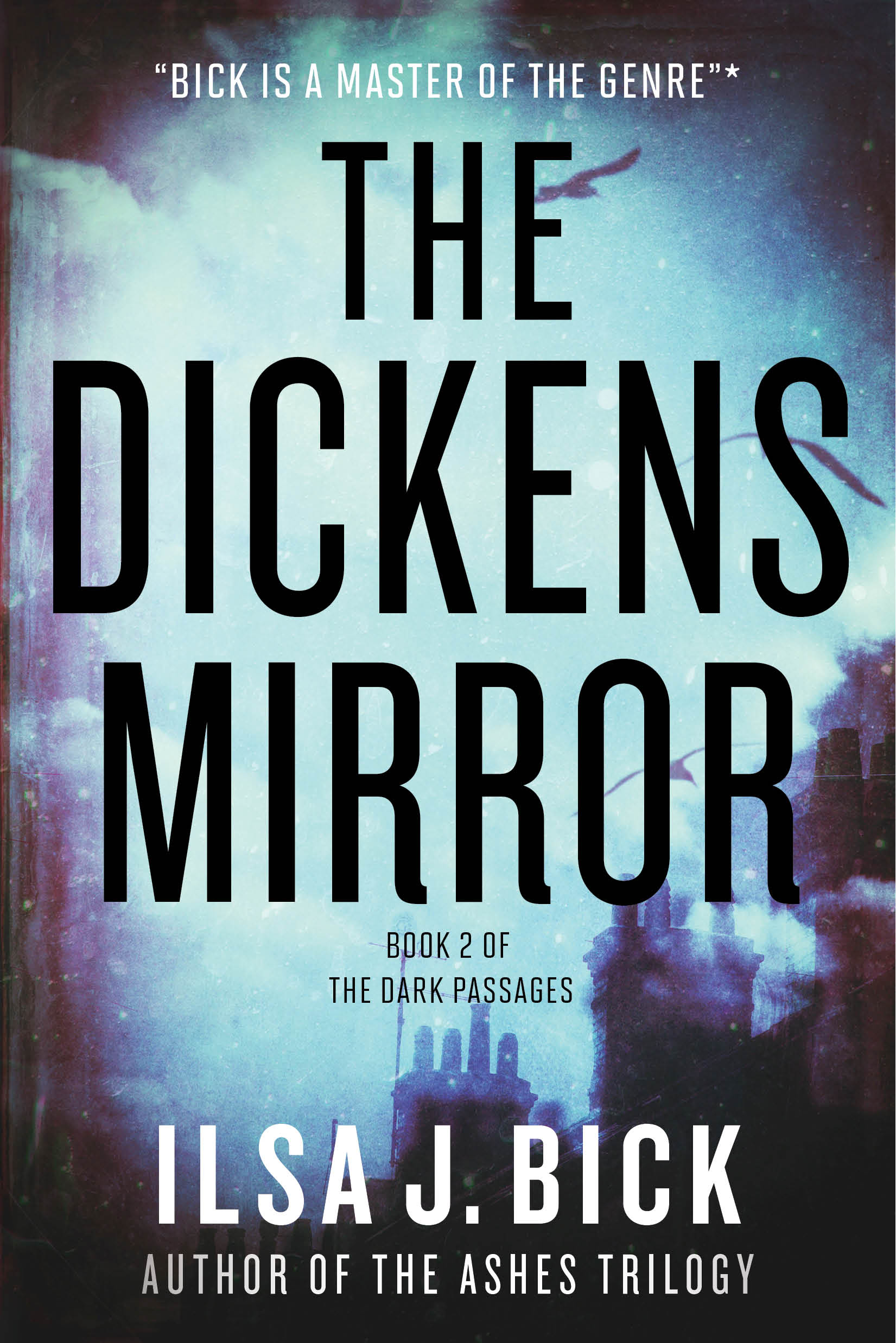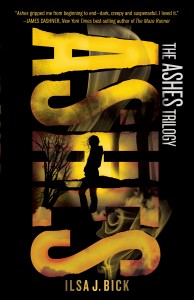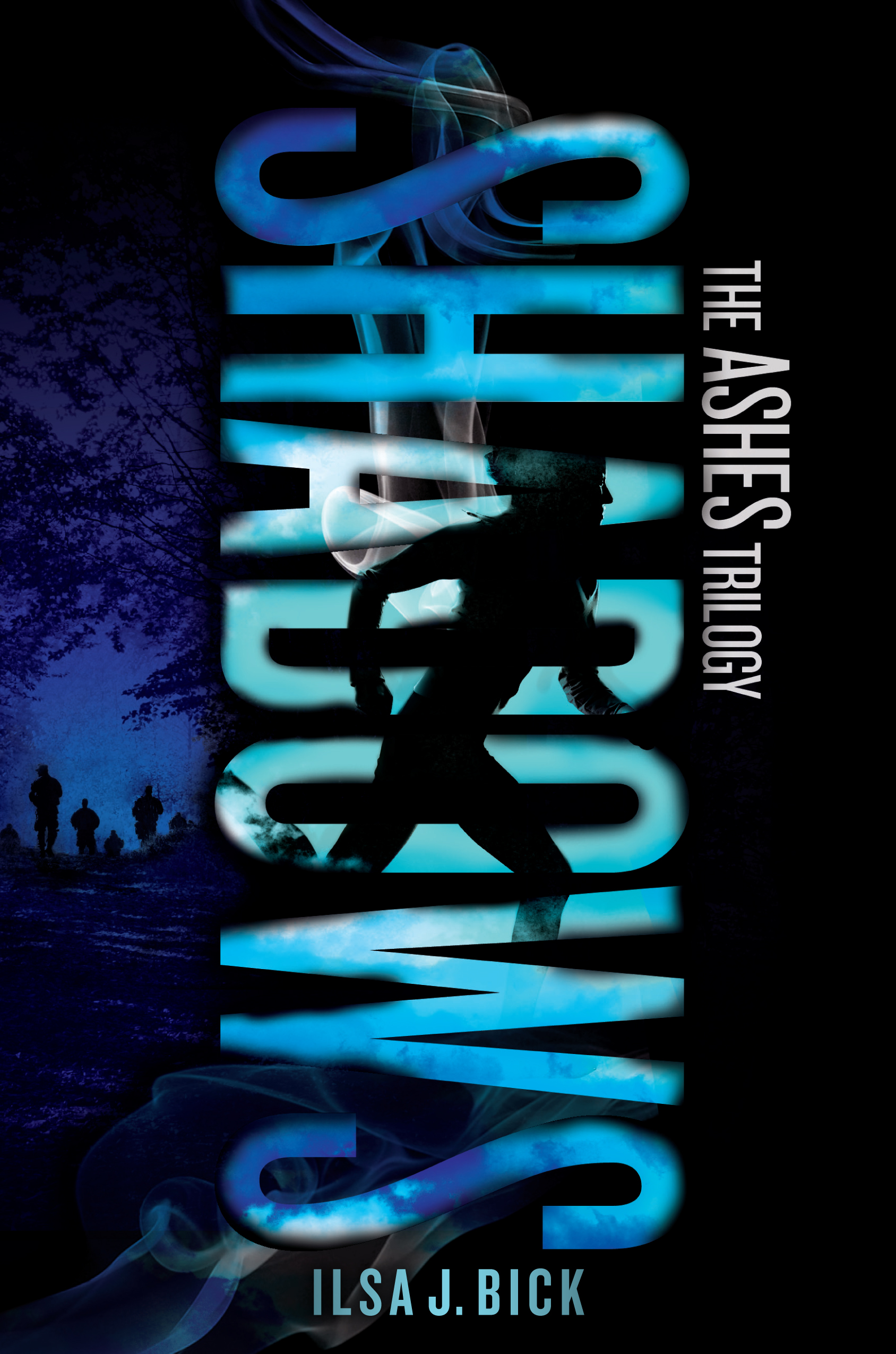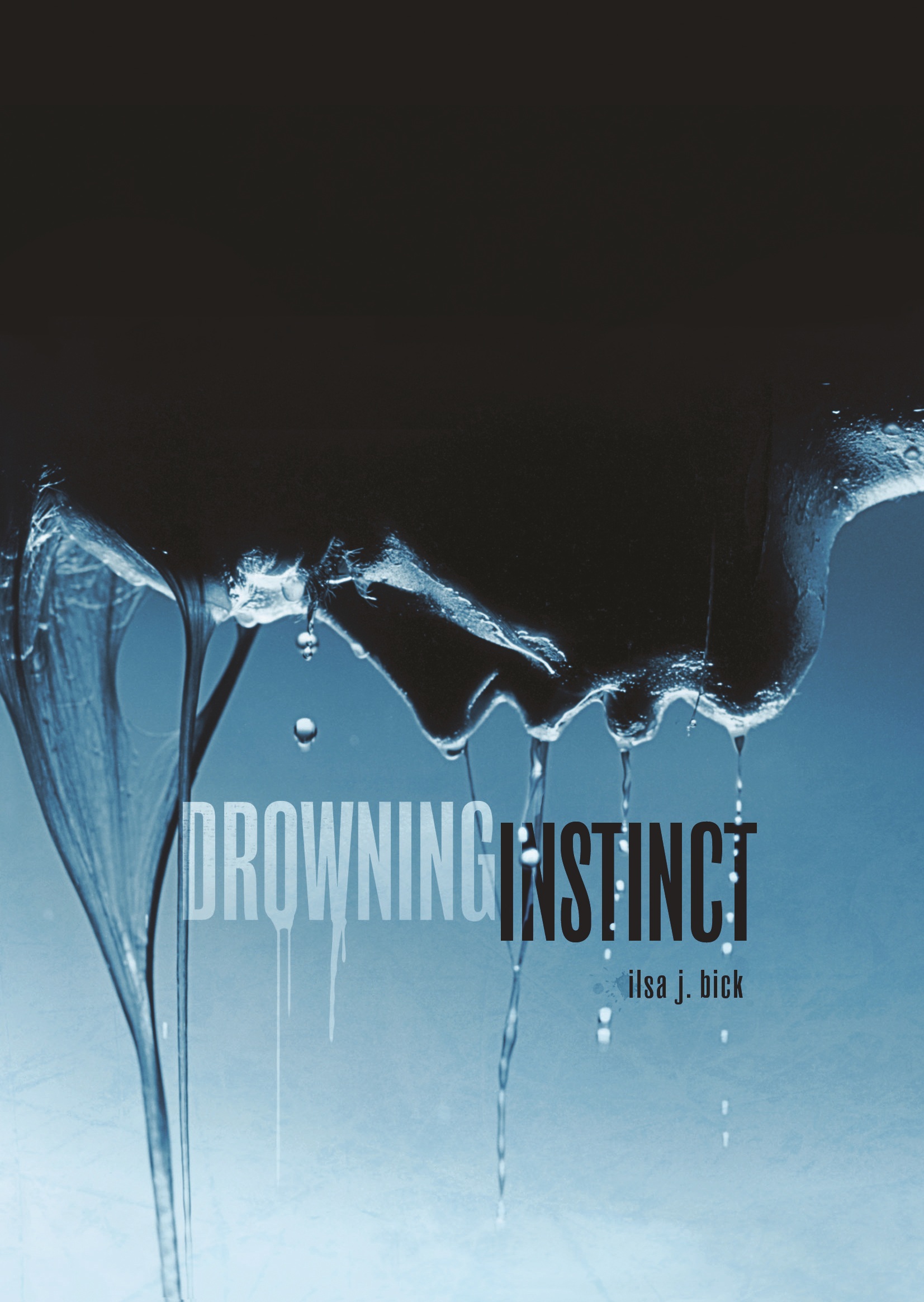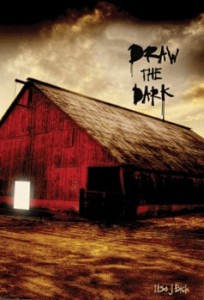In case you missed it, there was a bit of a dust-up earlier this week over an opinion piece by Sarah Mesle featured on the Los Angeles Review of Books site. I won’t recap the entire article–go read it and all the comments here–but the gist is the author moaned about the good old days where books saw the successful transition of boys from happy childhood into powerful manhood and wondered just what contemporary YA books might be offering boys; whether the role models found in characters like Edward Cullen and Jacob Black, both “barely-contained monsters,” are the best we could muster nowadays. And, yes, predictably, a lot of people weighed in. A few even had good things to say.
I’m not exactly joining the fray, but it seems to me that, time periods and conventional notions of masculinity and societal expectations aside, this is another of those proverbial tempests in a teacup: a lot of fru-fru hand-wringing over nothing. So some of the boys in some books are beasts, and others are worried about their masculinity, and still others are confronted with terrible situations and make bad choices–and so what? There are so many books out there, you can find examples to bolster just about any argument you want to make. I can think of some fine examples of contemporary middle grade and YA lit–Gary Schmidt and Patrick Ness jump to mind right off the bat–where boys are neither beasts nor angels, and many of the adults aren’t too shabby either.
To be quite frank, however, when I digested some of Mesle’s misgivings, one thing that really surprised me: no one mentioned genre–and genre’s everything. Strip away the twinkly vampires and slavering wolves, and what you’ve got are Jacob’s hunky six-pack and Edward’s soulful eyes. What you’ve got is a YA romance, pure and simple, and one that any person who’s spent any time with bodice-rippers instantly recognizes. I have no idea what Stephanie Meyer was thinking in terms of the guys when she wrote the series, and it doesn’t really matter because she hews to the demands of the genre. Nearly all romance revolves around does he or doesn’t she, will he or won’t she? The choices are frequently bald and somewhat stereotypical; the men and women are types: Darcy’s a prideful guy with a heart of gold; Willoughby’s a scoundrel; Marianne’s willful and intolerant; Jane’s mother is a fluttery idiot–and so what? I’ll bet dollars to doughnuts that Jane Austen was as completely unconcerned with whether her male characters provided young men with appropriate role models as Nora Roberts is about whether any guy’s going to pick up, say, Dance Upon the Air, and decide that, yep, a girl needs a smack now and then. All Austen wanted was to get you to root for Jane and Darcy–and sell her book. Whether you’re talking Nora Roberts or Jane Austen, offering role models is completely beside the point. You write the characters your story demands, and that’s no less true for Meyer who–I just bet–was mainly about showing her readers a good time.
I disagree completely with one person who commented that it was “hardly unfair to ask literature to shine a light on the way gender is changing…” or redeem masculinity. Say what? Why should literature have to do any of that? I don’t know too many writers who approach a book with a mission in mind.
Besides, was anyone worried about this was I was a kid and there really wasn’t young adult literature per se? I grew up reading classics, sure, but also tons of science fiction (the YA lit of my day). For the most part, those books were written by guys for guys and about guys–and I didn’t care. At all. I also don’t recall anyone getting all worried that literature was somehow failing to give me suitable female role models to manage the transition into adulthood. Or maybe people were worried, but me being a kid, they didn’t tell me about it and I had, oh I don’t know, parents and teachers and other adults as role models. Now that doesn’t mean that I didn’t want to grow up to be Captain Kirk’s girlfriend (albeit I had superpowers and frequently saved the ship); armed with my trusty blaster, I played endless games of Lost in Space (although, yes, I admit it: they always picked me to play the mom and I remember being so focused on making dinner for Will and Dr. Smith after a hard day of fending off aliens). But those obsessions don’t seem to have done me any irreparable harm nor do I believe they told me anything about how to be a young woman. What they afforded were types to slip into and identities to try on–and discard.
So I read my share of Jane Austen and Charles Dickens and George Eliot and Frank Herbert and Arthur C. Clarke, Larry Niven and Jerry Pournelle, Greg Bear and Anne McCaffrey and Lois McMaster Bujold and . . . Well, I won’t bore you with the list because it’s a long one. But my point is that while I read classics which were stories of girls principally worried about marriage and their reputations, I also devoured more contemporary books which were, with only a few exceptions, either profoundly pessimistic meditations on the fate of humanity or about young men out to kick some serious alien butt–and a few young women who were, yes, ready to fall in love, not overly concerned with their nails, and still plenty capable when it came to saving the planet, mussed hair notwithstanding. And I read about some splendidly evil men and women, too–because beastliness is, quite frequently and sorry to say it, very entertaining.
Sorry, but read the fine print of my job description: no book has to do or be anything more than it is, a private fantasy cooked up in a writer’s head and made public. The only obligation of any literature and art is to entertain, and not one whit more. All this concern about role models or the lack thereof ignores the fact that whatever any writer puts on paper says something far more about the author than it does society. Meyer made her guys as she did because she liked them that way, and those characters fit the needs of her story and its genre. Ditto Collins; ditto Rowling. Ditto me.
Maybe this benighted view means I’ll always be a hack or something and never do or write anything important, that’s any kind of beacon, but turning up the wattage isn’t in my job description either. Books do not have to instruct or offer social criticism; books do not have to shed light on anything. If they do or can, great. But, in the end, books are entertainment; readers crack the spine with the expectation of becoming someone somewhere else; and the only obligation any writer has is to tell the very best and most entertaining story she can. It is what every reader should and has the right to demand.
